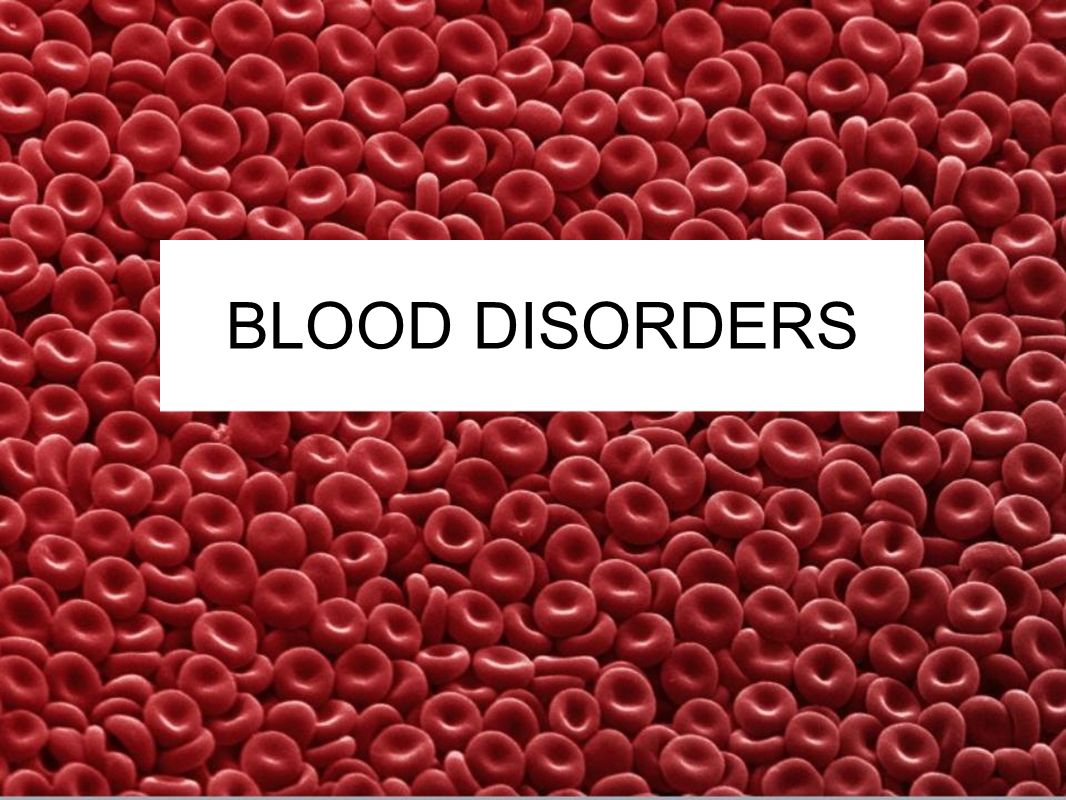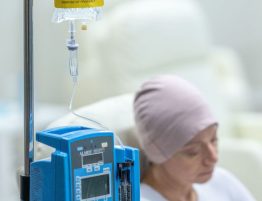
People may be affected by many different types of blood conditions and blood cancers. Common blood disorders include anemia, bleeding disorders such as hemophilia, blood clots, and blood cancers such as leukemia, lymphoma, and myeloma.
Blood disorders can affect any of the three main components of blood;
- Red blood cells, which carry oxygen to the body’s tissues
- White blood cells, which fight infections
- Platelets, which help blood to clot
Blood disorders can also affect the liquid portion of blood, called plasma.
Treatments and prognosis for blood diseases vary, depending on the blood condition and its severity.
Blood Disorders Affecting Red Blood Cells
Blood disorders that affect red blood cells include;
- Anemia – people with anemia have a low number of red blood cells. Mild anemia often causes no symptoms. More severe anemia can cause fatigue, pale skin, and shortness of breath with exertion.
- Iron-deficiency Anemia – iron is necessary for the body to make red blood cells. Low iron intake and loss of blood due to menstruation are the most common causes of iron-deficiency anemia. It may also be caused by blood loss from the GI tract because of ulcers or cancer. Treatment includes iron pills, or rarely, blood transfusion.
- Anemia of Chronic Disease – people with chronic kidney disease or other chronic diseases tend to develop anemia. Anemia of chronic diseases does not usually require treatment.
- Aplastic Anemia – in people with aplastic anemia, the bone marrow does not produce enough blood cells, including red blood cells. Medications, blood transfusions, and even a bone marrow transplant may be required to treat aplastic anemia.
Blood Disorders Affecting White Blood Cells
Blood disorders that affect white blood cells include;
- Lymphoma – a form of blood cancer that develops in the lymph system. In lymphoma, a white blood cell becomes malignant, multiplying and spreading abnormally. Hodgkin’s lymphoma and non-Hodgkin’s lymphoma are the two major groups of lymphoma. Treatment with chemotherapy and/or radiation can often extend life with lymphoma, and sometimes cure it.
- Leukemia – a form of blood cancer in which white blood cell becomes malignant and multiplies inside bone marrow. Leukemia may be acute (rapid and severe) or chronic (slowly progressing). Chemotherapy and/or stem cell transplantation (bone marrow transplant) can be used to treat leukemia, and may result in a cure.
- Multiple Myeloma – a blood cancer in which a white blood cell called plasma cell becomes malignant. The plasma cells multiply and release damaging substances that eventually cause organ damage. Multiple myeloma has no cure, but stem cell transplant and/or chemotherapy can allow many people to live for years with the condition.
Blood Disorders Affecting Platelets
Blood disorders that affect platelets include;
- Thrombocytopenia – a low number of platelets in the blood; numerous conditions cause thrombocytopenia, but most do not result in abnormal bleeding.
- Idiopathic Thrombocytopenic Purpura – a condition causing a persistently low number of platelets in the blood, due to an unknown cause; usually, there are no symptoms, yet abnormal bruising, small red spots on the skin (petechiae), or abnormal bleeding can result.
Diagnosis and Treatments
A doctor usually diagnoses leukemia, lymphomas, and myelomas using;
- A medical exam and a complete medical history
- Blood tests
- Urine tests
- Bone marrow aspiration and biopsy
- Lumbar puncture (spinal tap), where doctors collect spinal fluid for examination
- Imaging tests, such as X-ray, CT, or PET scans, MRU and ultrasound
Blood cell cancers that do not yet cause symptoms may not require treatment aside from monitoring. Doctors usually treat people with aggressive or active blood cancers using some mix of;
- Chemotherapy
- Radiation therapy
- Surgery
- Targeted drug therapy, which are medications that help increase the effectiveness of chemotherapy drugs or destroy elements of the cancer cells that chemotherapy drugs do not
- Stem cells transplants, which involve infusions containing bone marrow cells that are capable of forming blood cells to replenish destroyed cells
What We Offer
We at Almurshidi Medical Tourism will find the best doctors to cater to your needs. We are partnered with a wide network of hospitals and clinics that provide top quality medical experience.
We provide free medical estimates, make medical appointments, and provide several medical opinions if needed at no cost.
Contact Us
For more information contact us at +66822004040 or via WhatsApp







